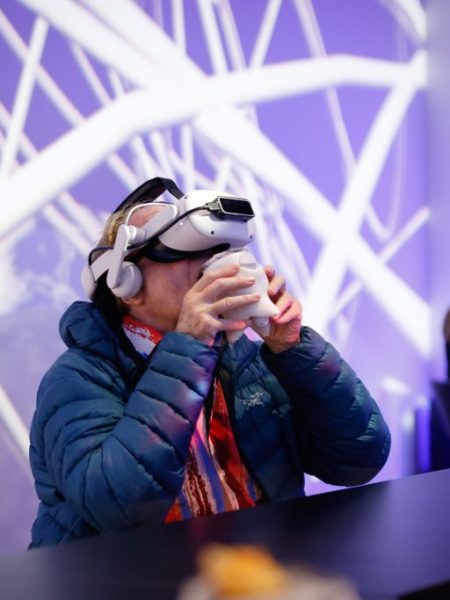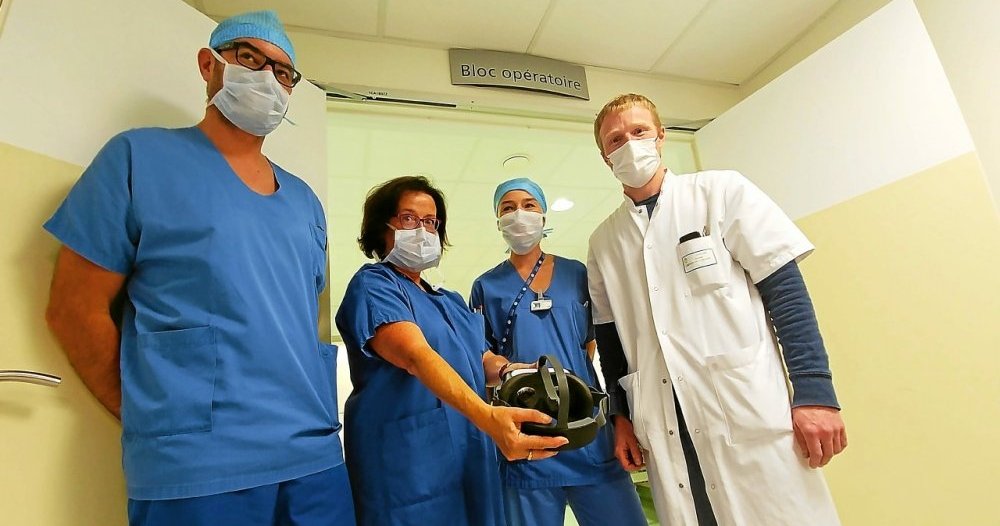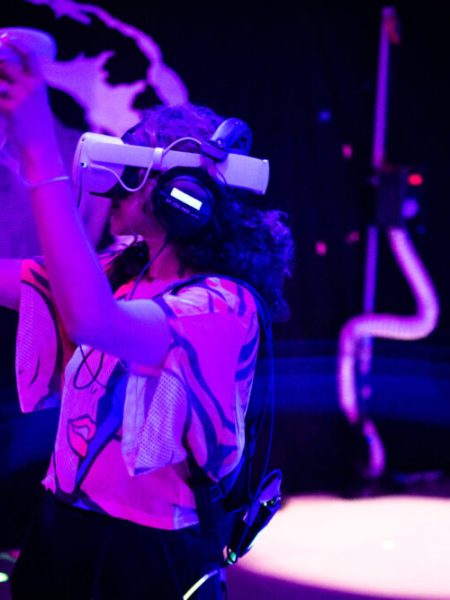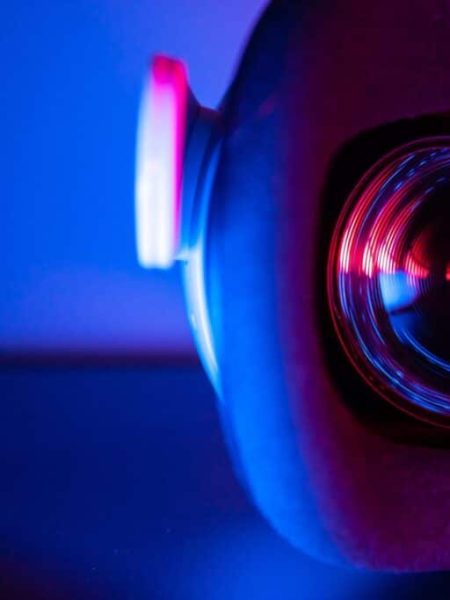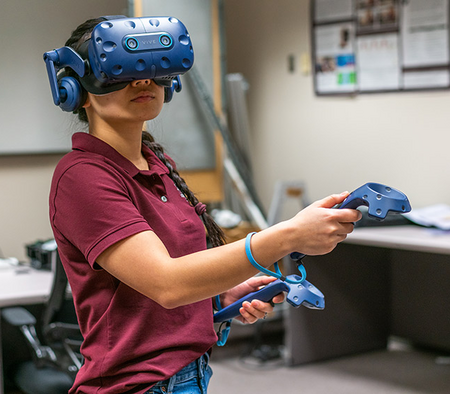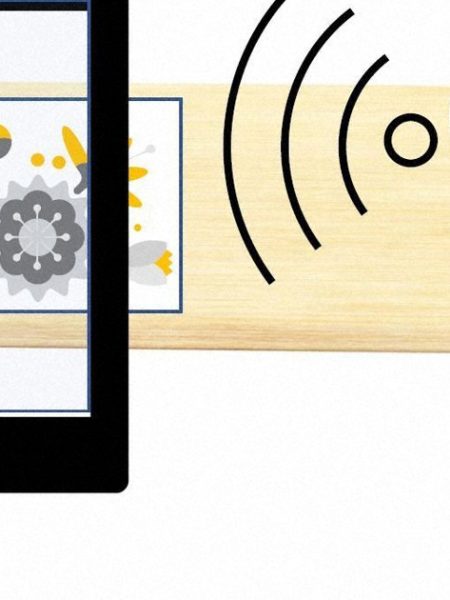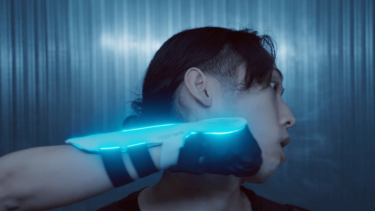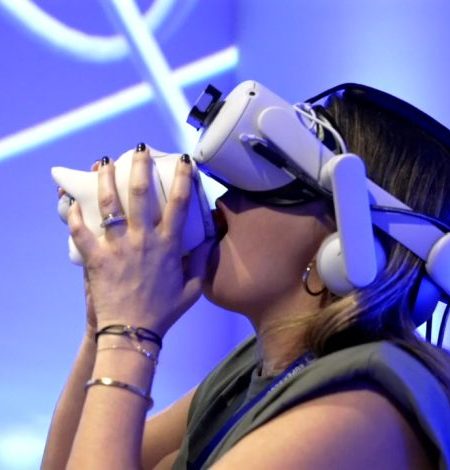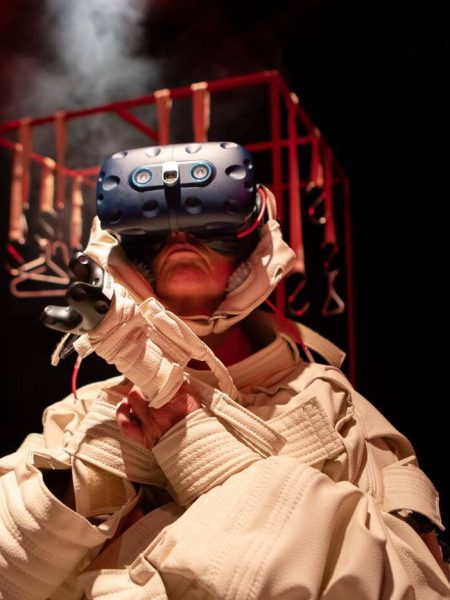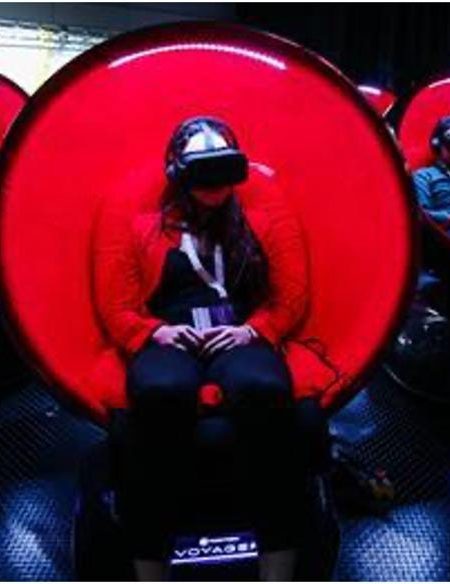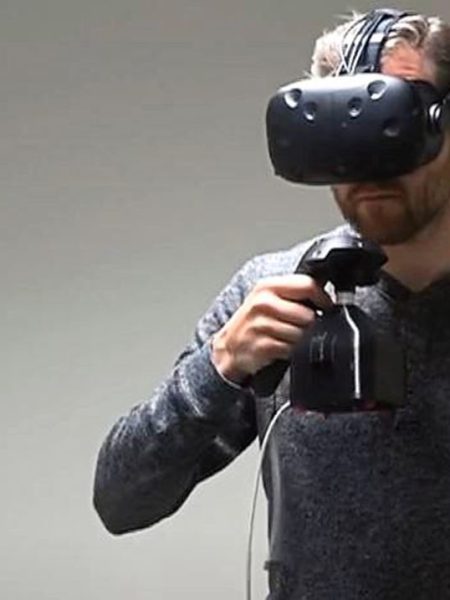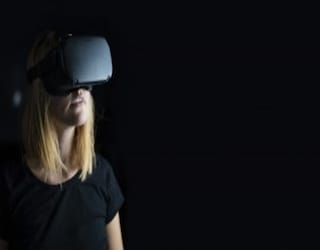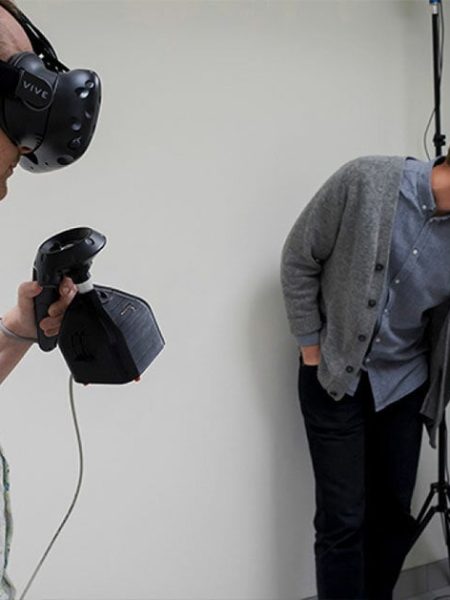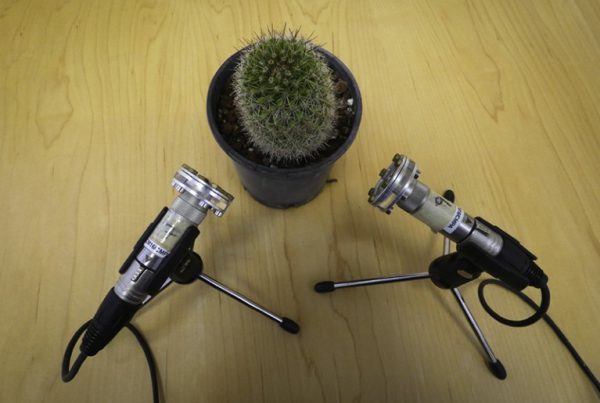“We’ve been trying it all throughout July, with several patients, and the results have been really good,” explained, all smiles, Sylvie Ngot and Cecil Harville. Two nurse anesthetists, trained in hypnosis, at the Hôpital Yves Le Foll in Saint-Brieuc, are participating in a project to obtain a virtual reality device in the hospital for patients who have to undergo a surgical intervention.
A project that, given the feedback on the experience, should be realized quickly, thanks to the support of Liamm, the Endowment Fund, which was created in 2020 at the level of the regional hospital group. Which aims to support projects that “go beyond what is normally done in terms of care” and improve comfort and quality of care.
stress reduction
Concretely, it is about providing the person who is going to undergo the operation a multi-sensory experience (visual and auditory) using a VR headset. It should be before, during and after the intervention. But it is still under surveillance. interest? “It’s all about reducing stress and anxiety,” the caregivers explain. The patient is distracted, which results in lowered heart and respiratory rates.”
A stressed patient is also a patient who consumes more products.
Good for comfort, but also beneficial for a better post-operative experience and a marked reduction in unexpected intraoperative gestures. There is also a well-known relationship between anxiety and pain. A stressed patient is also a patient who consumes more products,” emphasizes Dr. Nicolas Collier, anesthesiologist.
Beach, forest, diving…
The program is designed with hypnotherapists and thus borrows from hypnotic language orally and in an image and sound environment. The device can be used on patients over the age of six.
“In detail, we have two types of units, adapted to age, the team explains: the first for adults and the second for children, which makes more use of game codes and is more fun. With different universes, such as beach, forest walk or diving, that meet the majority of requests, Without knowing the exact reason, he smiled at the caregivers.
The low number of contraindications (claustrophobia, impaired vision or hearing) finally makes it usable by a very large number of patients.
Source: At Saint-Brieuc Hospital, virtual reality in the operating room – Brittany
Recent VR/AR Topics

Could the metaverse help predict and produce movie blockbusters? | World Economic Forum

Why Clinique’s Next Move In The Metaverse Is A Winning Formula For Web3 Retail | Forbes
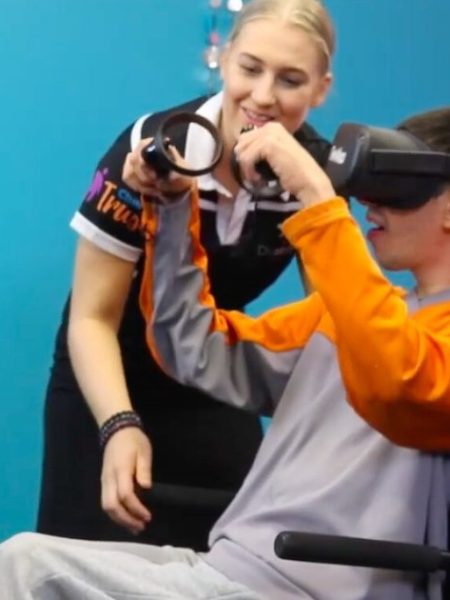
Study: New VR sensory room reduces anxiety in people with intellectual disability | MobiHealthNews

‘Thinking about beauty in a new way’: How brands are pursuing multi-sensory strategies in the digital world | Cosmetic Design
